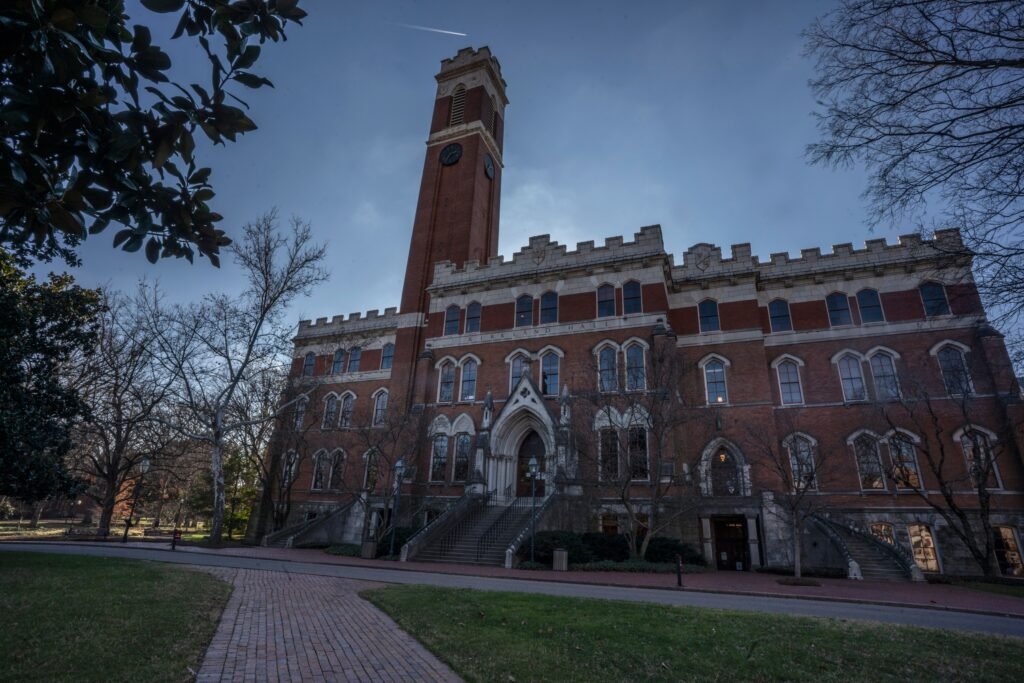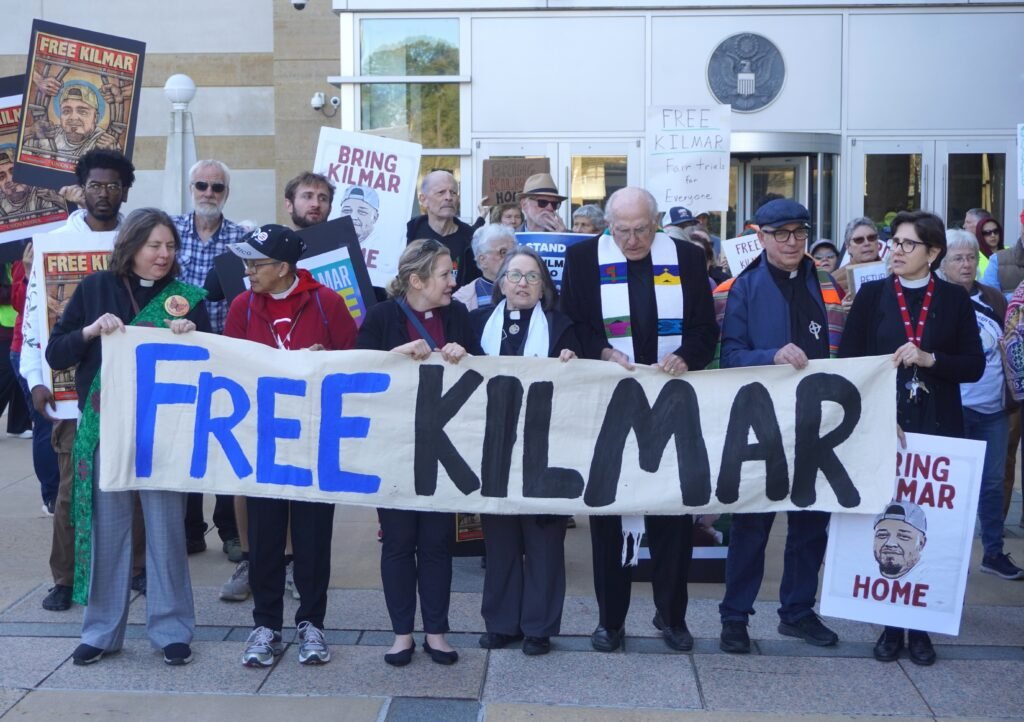Boston Children’s Hospital (BCH) is under scrutiny from federal prosecutors, who have indicated in court documents that the hospital might be using questionable billing codes to secure insurance for minors needing puberty blockers.
The hospital has, for the first time since 2015, diagnosed many children over the age of 10 with central precocious puberty (CPP)—a diagnosis that seems unusual since the typical onset for puberty is around age 10. This information comes from anonymized insurance data that has been analyzed by the government.
The court filing suggests that these late diagnoses raise concerns that BCH could have improperly classified certain children as having CPP to deceive insurance companies into covering puberty blockers for older minors struggling with gender dysphoria. “Misleading a patient’s diagnosis to an insurance company… to obtain payment for an off-label drug could be grounds for a federal medical crime,” the filing noted.
Generally, precocious puberty indicates sexual development occurring before age 8 for girls and age 9 for boys. BCH’s own website makes this clear. Dr. Curt Miceli, the medical director of Do No Harm, pointed out that it would be expected to see very few diagnoses of precocious puberty among 10-year-olds, so a rise in such diagnoses in older children certainly warrants cautious attention.
Neither Boston Children’s Hospital nor the Department of Justice (DOJ) provided comments when asked.
The data collected shows a noticeable increase in the diagnoses of precocious puberty between 2020 and 2023, with at least one patient reportedly diagnosed at age 22. BCH’s website also states that delayed puberty occurs when sexual development is not completed by age 13 in girls and 14 in boys, and it is typically treated with hormone therapy rather than puberty blockers.
“There’s no clear rationale for why BCH diagnosed almost no 11-year-olds with CPP between 2017 and 2019, yet in 2022 diagnosed 50 11-year-olds,” the government’s filing alleged.
Puberty-blocking medications can be quite pricey, even costing thousands of dollars. While these drugs are FDA-approved for treating precocious puberty, they are not sanctioned for managing gender dysphoria.
The federal authorities are seeing indications of dubious claims practices aimed at obtaining insurance coverage for gender reassignment interventions for children. This concern arises because some insurance plans might not cover such off-label prescriptions, as Lisa Hsiao, acting director of the DOJ’s Enforcement and Affirmative Litigation Division, noted.
Recently, the government filed to change a court order, with information indicating the number of subpoenas issued to healthcare providers involved in transgender treatments for minors surpassing 20. Judge Myung Joon, a Biden appointee, contended that the government was acting in “bad faith” and hadn’t demonstrated sufficient evidence that BCH was engaged in any fraudulent billing practices.
He expressed that it was perplexing what the government aimed to investigate, given that Massachusetts does not prohibit gender-affirming care and there is an appropriate billing code for it.
A researcher from the clinic mentioned that puberty blockers were dispensed, somewhat flippantly, as “being handed out like candy.” According to a public records request, BCH has been reimbursed around $1.4 million for “gender transition services” from 2015 to 2023.
In July, BCH attempted to keep its filings private in response to the subpoena request, but the court denied this effort.







